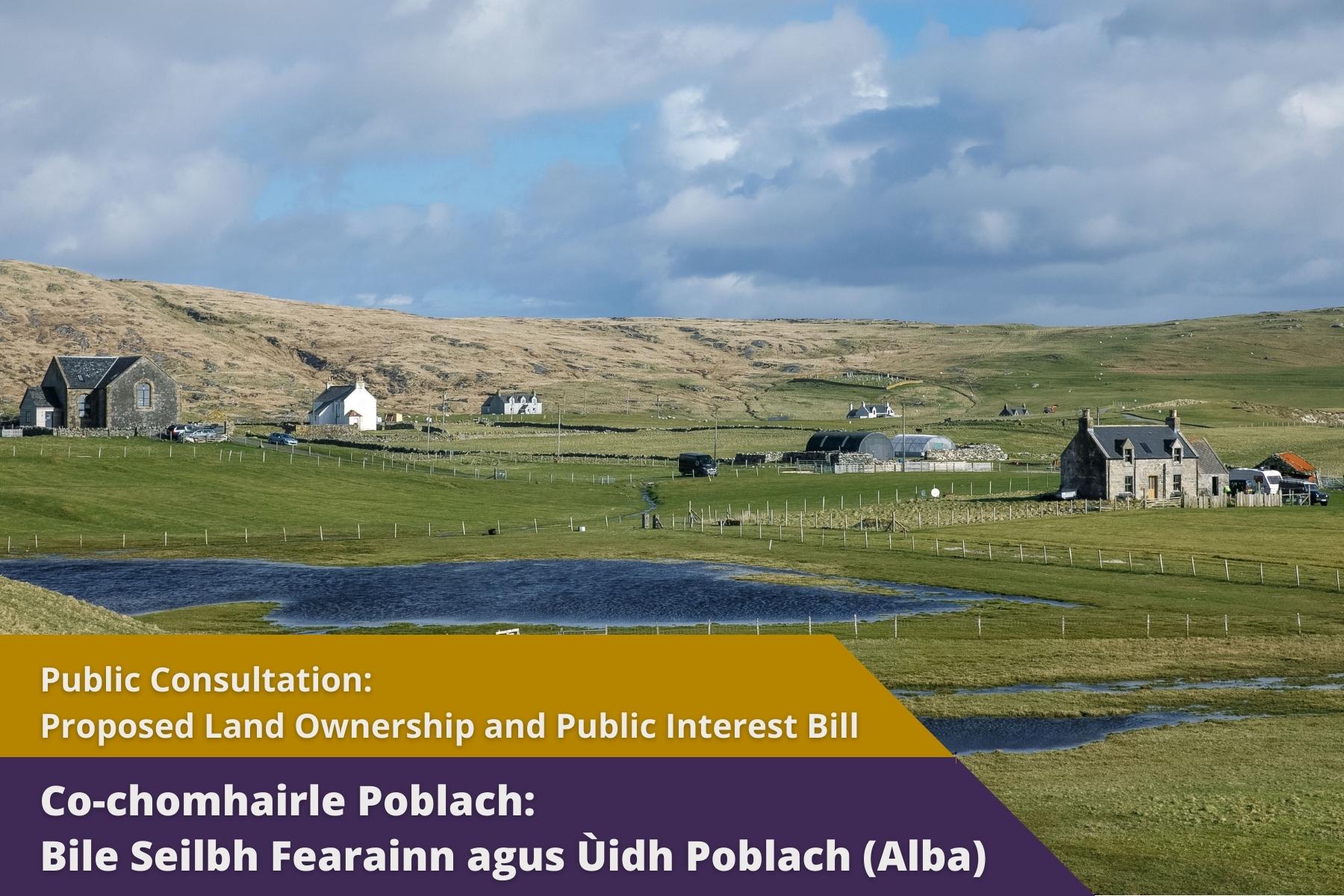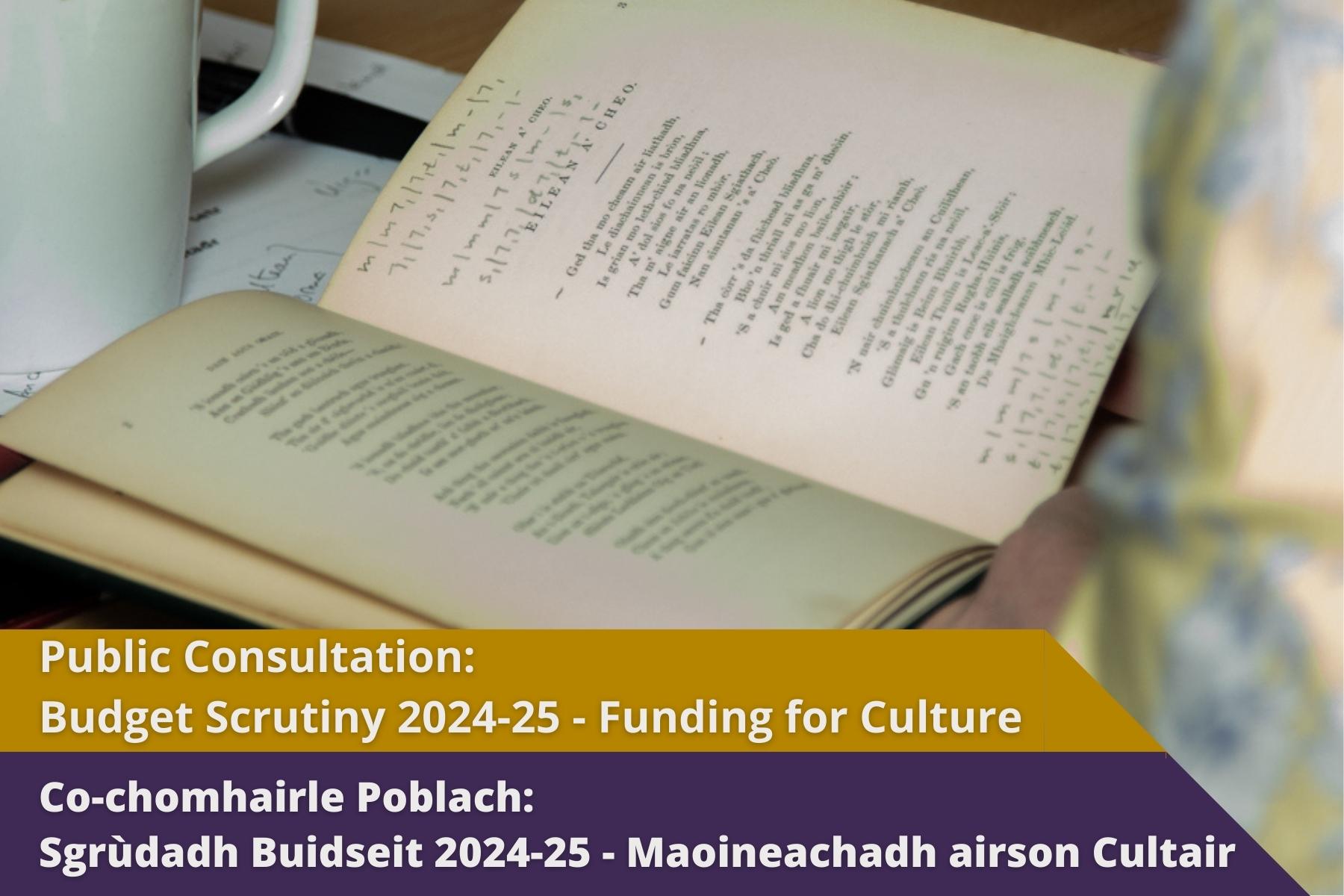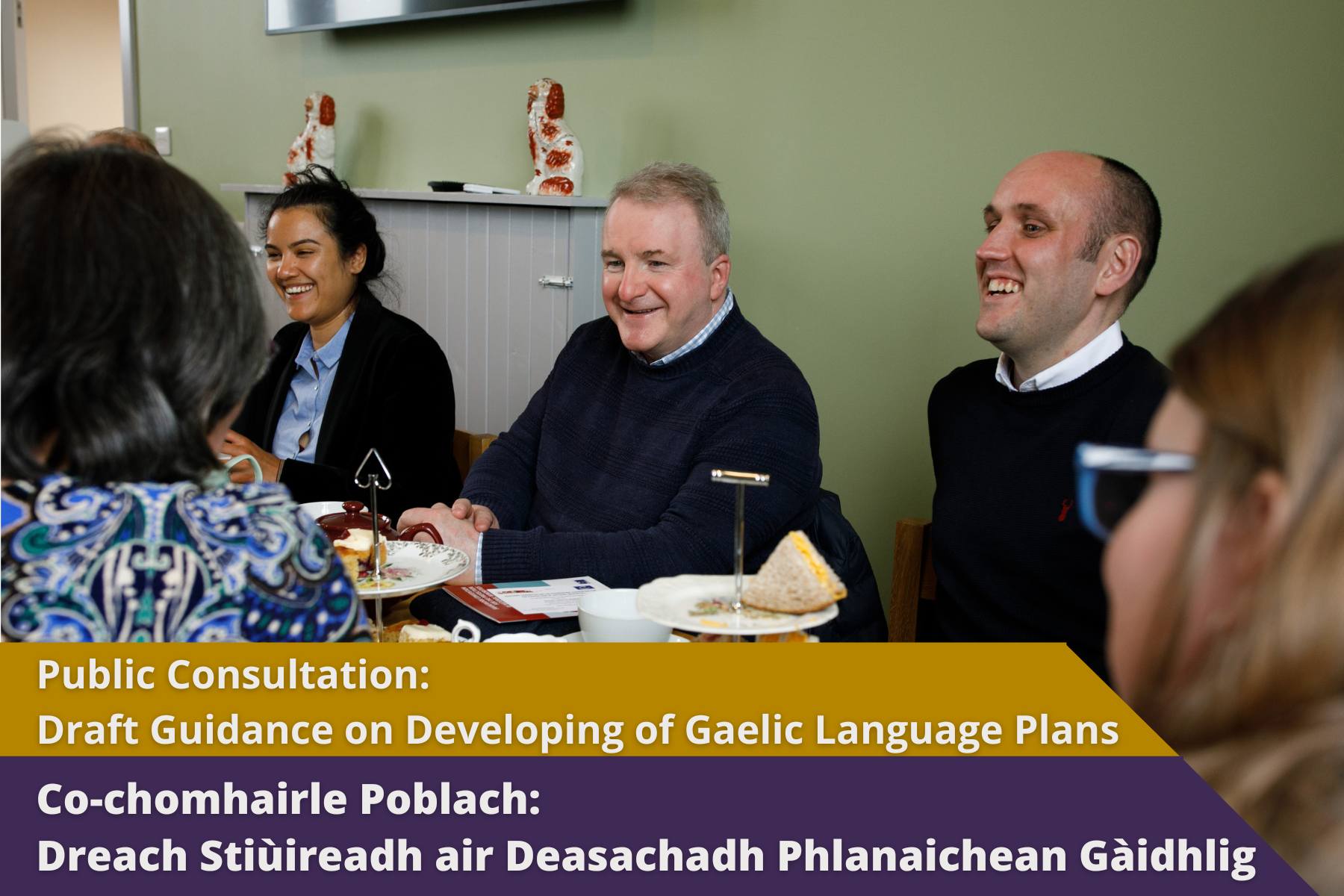Bòrd na Gàidhlig has submitted a response to the consultation – South of Scotland Responsible Tourism and Marketing Strategy 2023 by Scottish Borders Council. Among the points raised we said:
Bòrd na Gàidhlig is responding to this consultation because we would wish consideration to be given to including Gaelic as a tourism asset within the strategy. As such, it has the potential to contribute to heritage and culture as key selling points of the South of Scotland region.
As shown in our introduction there is a growing number of learners and potential overseas visitors with an interest in the Gaelic language. VisitScotland research showed that, from 2018 to 2021, there was a 72% increase in the number of VisitScotland.com users visiting Gaelic-related content.
The full response can be found here.










